Exemplary Alumni
Each year, the UIC Alumni Association honors alumni who demonstrate the highest level of professional and humanitarian achievement and dedication to the university. The impact of this year’s honorees can be seen and felt in the Chicago area, across the country and around the world. This year’s honorees include Ambassador Carol Moseley Braun BA ’69; former Botswana health minister and international HIV/AIDS activist Dr. Sheila Dinotshe Tlou PhD ’90; health equity expert Dr. David A. Ansell MPH ’91; architect John Ochoa BArch ’78; Department of Health and Human Services staffer Captain Todd Stankewicz MPH and MBA ’01; Women in White Coats cofounder Dr. Archana Reddy Shrestha BA ’98, MD ’04; and maxillofacial surgeon and international medical volunteer Dr. Melissa Sioux Amundson BS ’05, DDS ’07.
What these honorees have in common is a UIC education that laid the foundations for careers, public service and volunteer work that has changed the world for the better. The UIC community could not be prouder of their accomplishments so far and the many more to come.
Carol Moseley Braun, Alumni Achievement Award Heading link
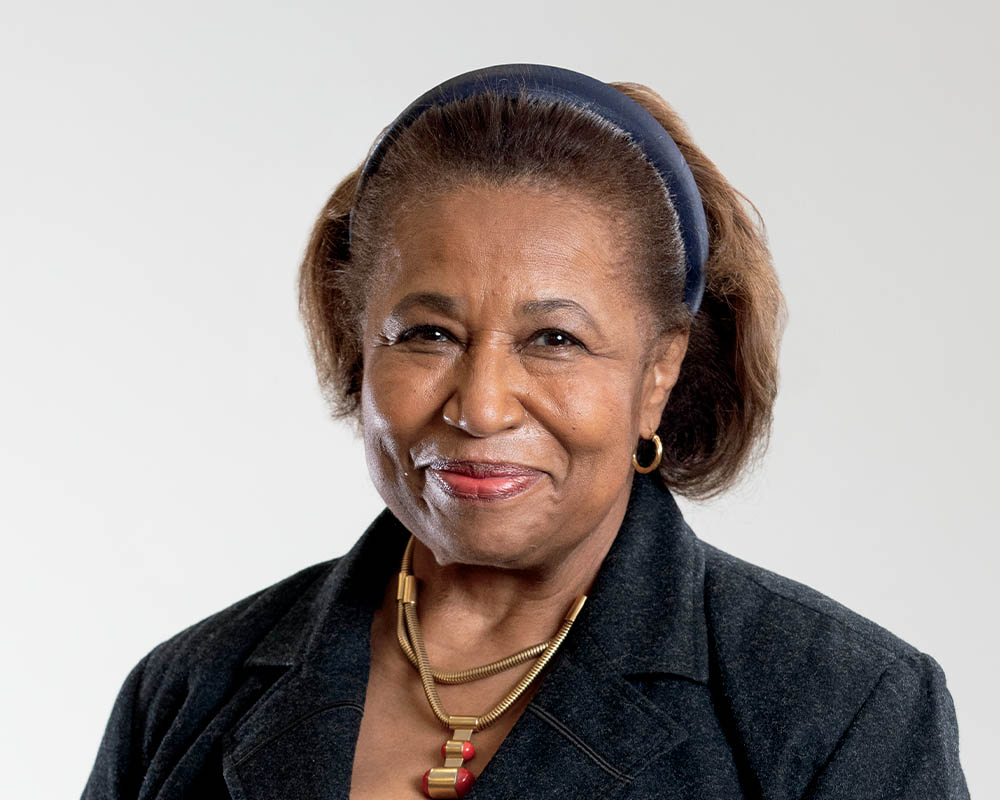
Amid the tumultuous backdrop of summers in the 1960s Ambassador Carol Moseley Braun BA ’69 wondered if college was for her. “UIC saved me,” she recalls. “I had been ready to drop out of college. The fact that UIC embraced me made it possible for me to get a college education.” Her time at UIC was “the beginning of everything,” she says. “UIC opened a lot of doors for me.” Circle Campus was where she held her first elected office after running for and winning a student government seat on fellow alumnus Tony Podesta’s BA ’67 Action Party slate.
After graduating, Braun attained a law degree from the University of Chicago and joined the U.S. Attorney’s office. Eventually she was drafted to run for Illinois House of Representatives, and went on to serve in Springfield for a decade. She was the first woman and person of color to be named assistant minority leader and earned the title, “the conscience of the house.”
After being elected and serving as Cook County Recorder of Deeds in 1988, she set her sights on breaking a glass ceiling at the federal level. Amid the righteous outrage over the treatment of Anita Hill by the U.S. Senate’s Judiciary Committee and the confirmation of Clarence Thomas to the U.S. Supreme Court, Braun ran in the Democratic primary for U.S. Senate. She defeated incumbent senator Al “The Pal” Dixon, and then went on to win the general election. Braun became the first Black woman ever elected to the Senate and only the fourth Black person elected to the Senate since the end of Reconstruction. After a term in the U.S. Senate, President Bill Clinton appointed Braun to the position of U.S. Ambassador to New Zealand and Samoa in 1999.
Reflecting on her own experience, and surely echoing the sentiments of many alumni, the ambassador says, “UIC—it’s the opportunity school.”
Sheila Dinotshe Tlou, Alumni Achievement Award Heading link
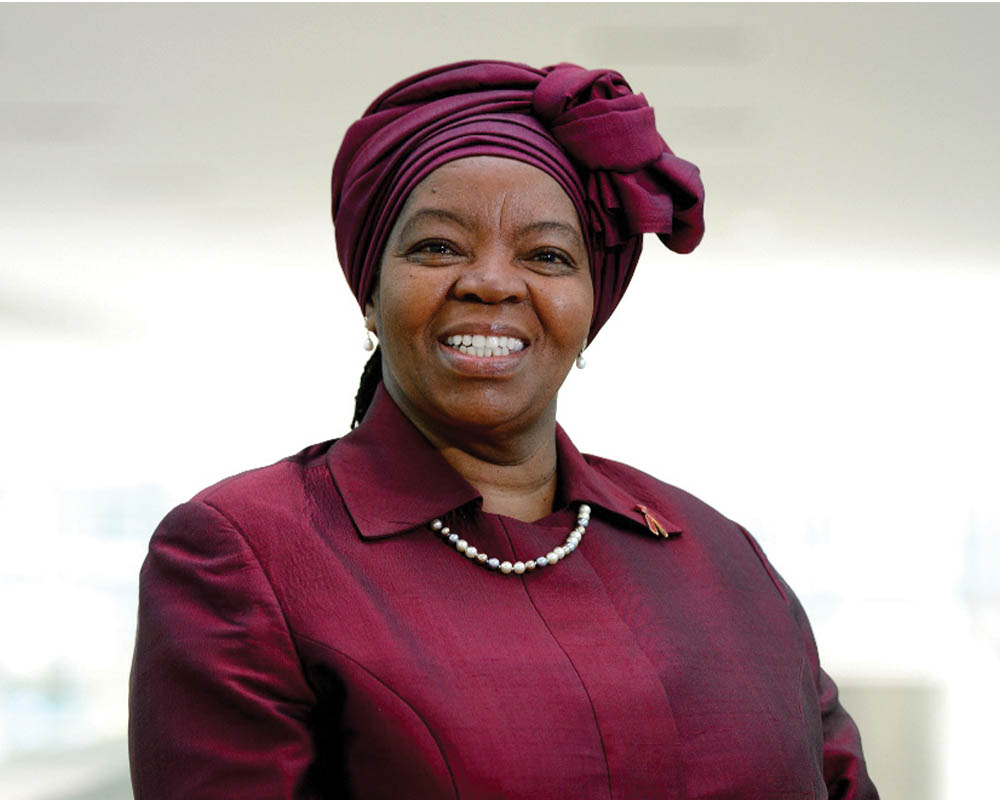
Professor Sheila Dinotshe Tlou PhD ’90, RN, FAAN has worked at the forefront of public health and the HIV/AIDS crisis in Botswana, across the continent of Africa and around the world for decades. Professor Tlou’s tenure in public service and activism has given her a new power. “As I’ve gotten older, I have gotten to be able to say exactly what I want,” Tlou says. “I’m known now as ‘the lady who tells it the way it is.’” One of the biggest challenges has been “working with political leaders who are not attuned to the needs of their people.” What she wants people to understand is that “health is a political choice.”
So how exactly do you get to be the lady who tells it the way it is? Drive, determination and a PhD in nursing from UIC, that Tlou says is “the foundation for everything I was able to do with my career.” During Tlou’s time at UIC, she had the opportunity to work with Beverly McElmurry, EdD, RN, FAAN and Professor Emerita Kathleen Norr and came to appreciate the culture of connectedness and collaboration which would define her domestic and international work on HIV/AIDS and public health. As a symbol of that connectedness within the UIC community, the Nursing faculty and staff arranged to have Professor Tlou walk at May graduation before she completed her dissertation—an honor she remains grateful for.
Tlou’s accomplishments include serving as a member of Botswana’s Parliament and Botswana’s Minister of Health—the first nurse to do so. During her tenure, she oversaw the rate of HIV transmission from mother to child decrease from 30% to 8% and the AIDS maternal mortality rate decrease from 38% to 9%. Currently, Tlou co-chairs the Global HIV Prevention Coalition, serves as a special ambassador for the African Leaders Malaria Alliance and works as chancellor of Botswana Open University. The key to her successes has been a focus on enlisting civil society in the fight for public health. “You can’t do anything without civil society. I tell [leaders] ‘involve communities.’” Health is made in the community,” she says, “hospitals are for repairs.”
David A. Ansell, Alumni Achievement Award Heading link
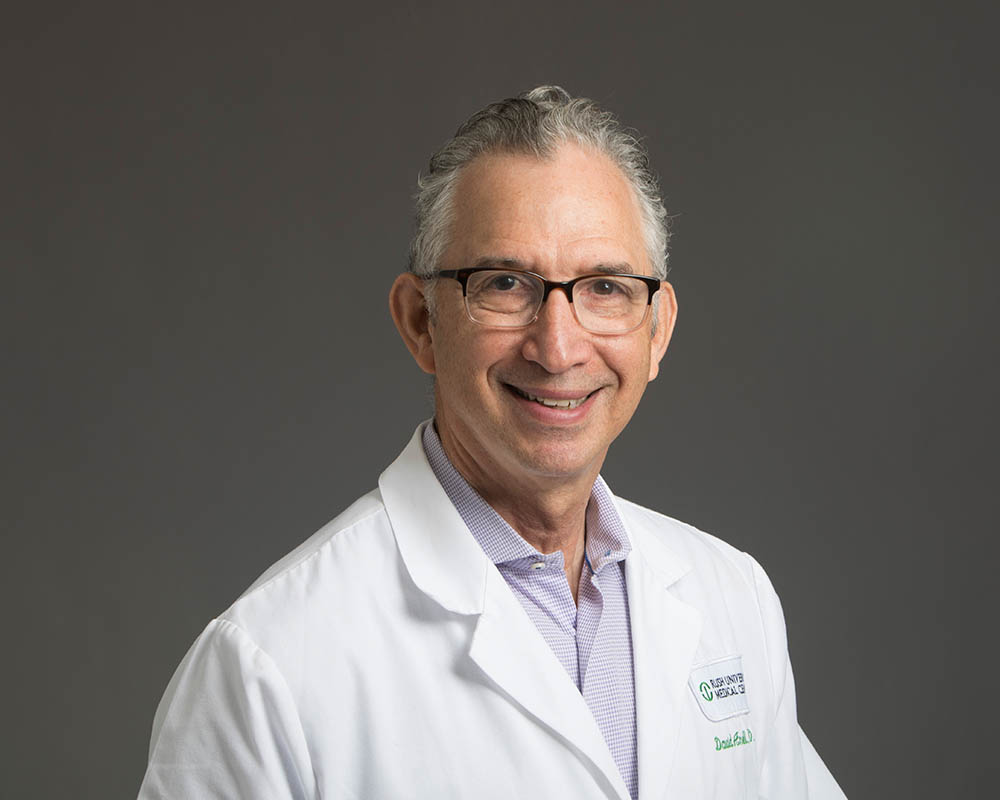
At a young age, Dr. David A. Ansell MPH ’91 knew he wanted to tackle “these great gaps in our society in who gets what and why.” He decided to become a doctor. “I knew something was seriously wrong with our health care system. I knew that health insurance was unfair, I knew there was racism and other forms of social oppression that were causing poor health, but I didn’t know what to do. I went to Cook County Hospital to train, and that was where I learned not only how to be a good doctor, but about social medicine itself.”
Ansell spent 17 years at County. During that time, he launched a breast cancer program to address the gaps in treatment options on the West Side and enrolled in UIC’s master’s program in public health, part-time, to develop the skillset he needed to “evaluate whether the program was having an impact.” After graduating from UIC, he spent a decade at Mount Sinai, launching the Sinai Urban Health Center. He became the first chief medical officer at Rush University, and now he works as the senior vice president for community health equity in addition to seeing patients.
In 2017, Ansell published “The Death Gap: How Inequality Kills,” which sought to raise public consciousness about “these large neighborhood, often race-based, life expectancy gaps that are inherently unjust and driven by social and structural conditions,” he says. “Not your typical biological determinants of health—not genes, not genetics, not beliefs or behaviors.” Ansell says the coronavirus pandemic and George Floyd’s murder have made many more people aware of these systemic disparities. “I’m not sure we’re going to get to the deeply meaningful solutions, at least in the short term,” he says, but the resilience, organizing and envisioning work done by community organizations on the West Side gives him hope for the long term.
John Ochoa, Humanitarian Award Heading link
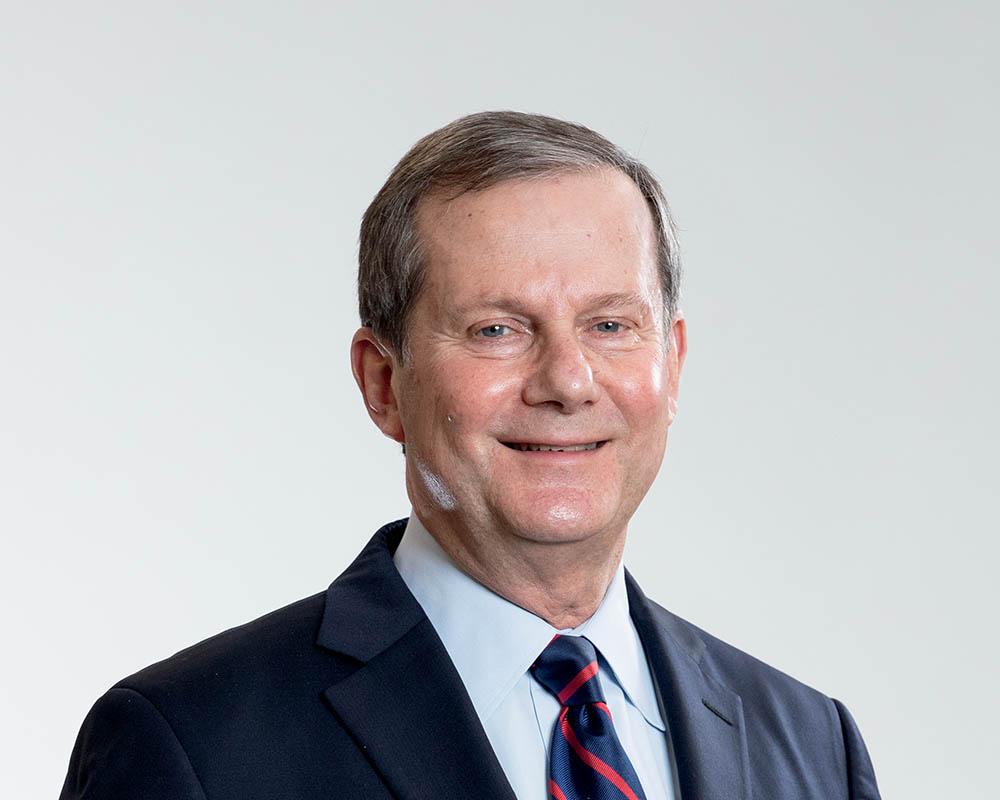
Like many college graduates, John Ochoa BArch ’78 admits that he fell out of touch with his alma mater. The late nights in the Art and Architecture Building, where he was exposed to “Architecture with a capital A” and studied with professors including Félix Candela, best known for his curvy concrete structures, gave way to days and evenings at the architecture firm FGM Architects (FGMA), working on buildings that help anchor communities, such as Unity Junior High School in Cicero, Illinois, a project recognized by the Environmental Protection Agency and the American Institute of Architects.
When Susan Nealey BArch ’85, a UIC graduate and young architect at FGMA, passed away in 1999, Ochoa, then the CEO of FGMA, and the staff decided to endow an annual architecture scholarship in Nealey’s memory. Establishing the FGMA/Susan Nealey scholarship at UIC put Ochoa back in touch with classmate Mark Dewalt BArch ’77, who was an alumni volunteer. Ochoa went on to serve in alumni leadership positions at UIC and the University of Illinois System for many years, not to mention an array of committees whose focuses range from awards to operations.
Now Ochoa, originally from Chicago’s Southwest side, has 20 years of alumni service to his credit. While being a Flame is a family affair (two siblings, two brothers-in-law and his son are all alumni), it’s the faculty, staff, alumni and students that make his volunteer work worthwhile. “It’s humbling to see the work being done at UIC,” Ochoa says. “There are so many smart people. The alumni and university have so many incredible accomplishments.”
Todd Stankewicz, Distinguished Service Award Heading link
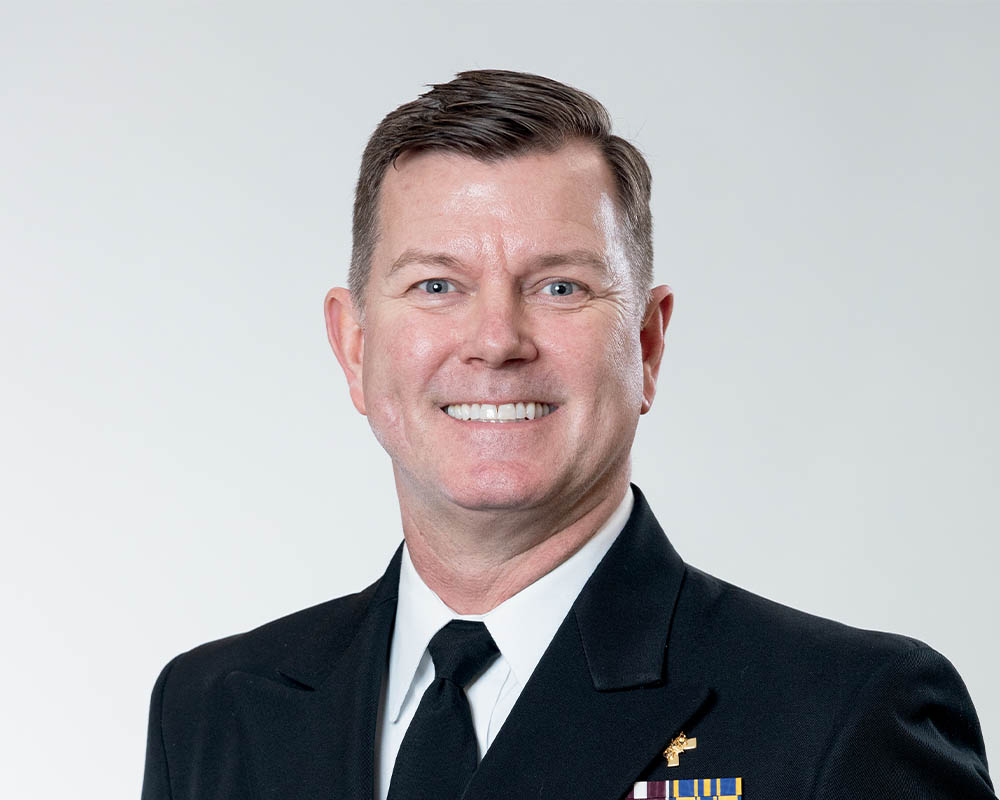
Todd Stankewicz MPH and MBA ’01 is a pharmacist by training, a captain in the U.S. Public Health Service Commissioned Corps and a regional emergency coordinator with the U.S. Department of Health and Human Services’ Office (DHHS) of the Assistant Secretary for Preparedness and Response.
A UIC classmate introduced Stankewicz to a fellow pharmacist and Commissioned Corps member, giving him a public service trajectory to emulate. After graduation, he worked as an investigator for the Food and Drug Administration and later as a policy expert on the rollout of Medicare Part D.
Since 2015, Stankewicz has been the DHHS liaison to the state health and federal entities that deploy to disasters and emergencies such as Hurricanes Harvey and Maria and the Flint lead water crisis. Typically, he works in an operations center near the frontlines to help ensure clear communication among the responding agencies and cut across the bureaucratic fault lines that can arise.
“In the past, our organization was used to responding to relatively short-term and finite events, primarily natural disasters or national security events,” Stankewicz says. The coronavirus changed all of that. “We had never been challenged with an ongoing public health event of this magnitude,” he continues.
During the COVID-19 pandemic, Stankewicz coordinated efforts to evacuate Americans from Wuhan, China, and passengers on the Grand Princess cruise ship; assisted states in securing personal protective equipment and ventilators; and worked on the distribution and rollout of vaccines and vaccination sites. Amid the variant waves, that work included working with state health agencies to deploy federal emergency response teams to support hospitals in cities and states facing major infection and hospitalization surges.
Archana Reddy Shrestha, Rising Star Award Heading link
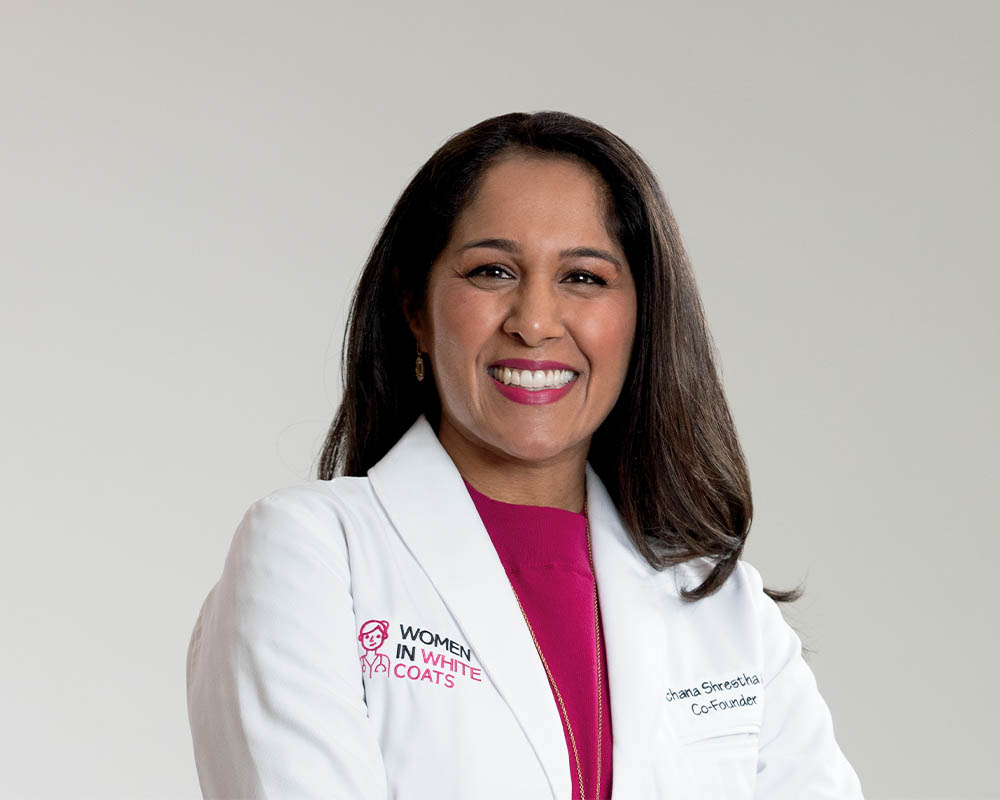
“I didn’t start medical school thinking I would be an emergency physician,” Dr. Archana Reddy Shrestha BA ’98, MD ’04 says, recalling her first steps into the emergency room at UIC on a pediatrics rotation. “But after being there, I knew it was the only thing I wanted to do.” As Shrestha became both a parent and full-time attending physician in an emergency room, she struggled with “double burnout.” She knew she needed to make a change. Rather than trying to be a “superwoman,” she realized she needed to be “the CEO of my life.” Shrestha recognized that she wasn’t alone and needed “a team to help” her achieve a more holistic balance between work and home life.
Now she sees it as her mission to help women doctors “step into their power again and feel in control of their lives.” She does this through her work as assistant professor of clinical sciences for Rosalind Franklin University Chicago Medical School, the founder of Mighty Mom, MD, and the co-founder and Chief Wellness Officer of Women in White Coats.
Women in White Coats, as it exists today, emerged from a 2018 book, “The Chronicle of Women in White Coats,” which Shrestha contributed to, and compiled the stories of 20 women doctors, covering everything from inequitable pay to #MeToo in medicine. It’s grown into a continuing medical education, coaching and support organization. “Coaching women doctors gives me tremendous satisfaction,” Shrestha says. “I know all the different challenges they face because I’ve been there. Truly, my mission is to uplift and empower them through the ups and downs of career and life.”
Melissa Sioux Amundson, Rising Star Award Heading link
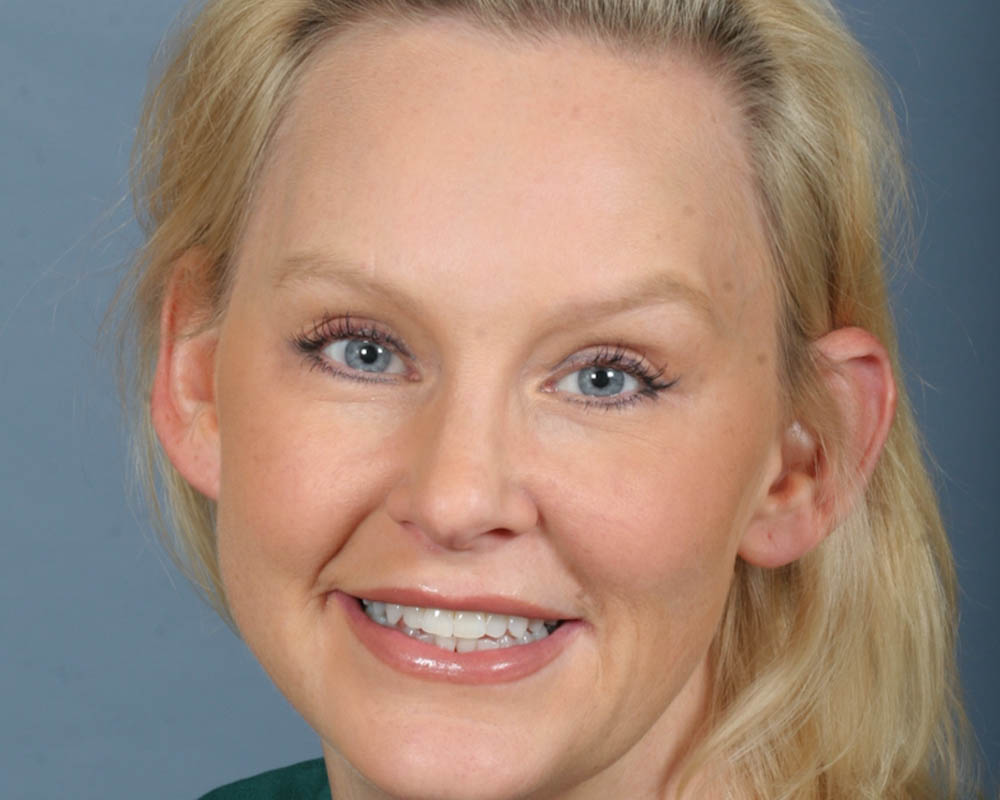
In 2020, as COVID-19 pushed university classes and meetings to Zoom, Dr. Melissa Sioux Amundson BS ’05, DDS ’07 found a novel use for the software—supervising surgery at Noma Children’s Hospital in Sokoto, Nigeria. As the first and only American oral maxillofacial surgeon working with Médecins Sans Frontières (MSF) (Doctors Without Borders in English).
Amundson’s deployments with MSF began in fall 2016 with month-long trips to Sokoto. Noma is a virulent, bacterial infection of the gums, which preys on malnourished children. The World Health Organization estimates that the disease has a 90% fatality rate, and the 10% who survive often cannot open their mouths or chew. Although the pandemic put her first international intervention on hold, she planned to join an MSF team heading to Sokoto earlier this year.
Amundson’s service-oriented dentistry grew in part from a Robert Wood Johnson Foundation grant that gave UIC dentistry students the opportunity to do volunteer work in underserved communities. While completing her residency at Jackson Memorial Hospital at University of Miami, a colleague approached her about doing medical work in Honduras. Soon she began traveling to the main teaching and public hospital in Tegucigalpa, Honduras, hiring the staff, and even purchasing some of the hardware and equipment. When not doing volunteer work, Amundson practices at nonprofit Tallahassee Memorial Hospital Trauma Clinic, which serves Florida, Georgia and Alabama.
The most rewarding part of her work is training surgeons and seeing the changes that the maxillofacial surgeries she performs can bring. “I get pictures on WhatsApp from patients who one, two and three years later can open their mouths with full function. It completely changes their lives,” she says. “To be able to give that back to them, to help people in that regard really is what keeps me going back.”